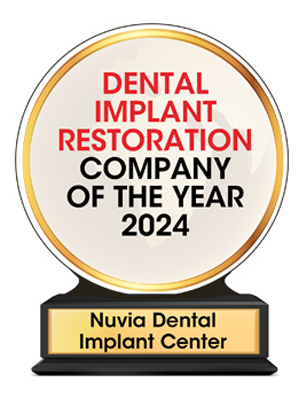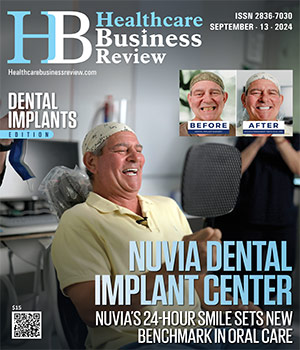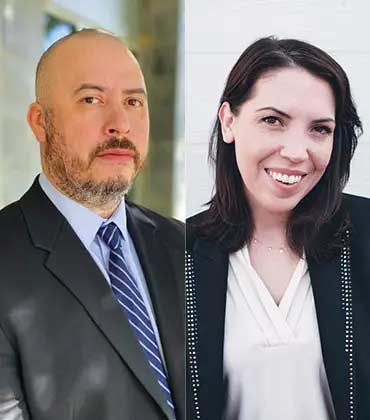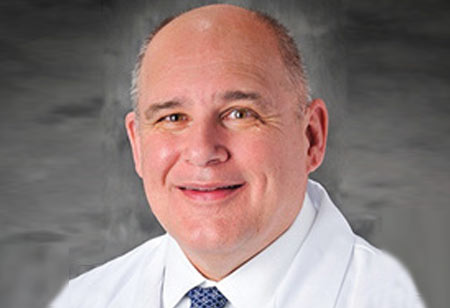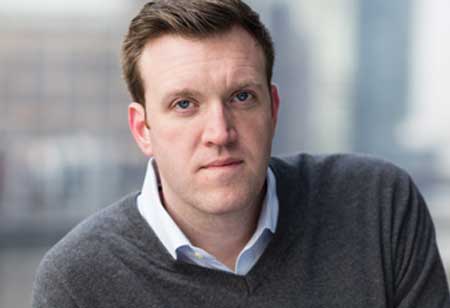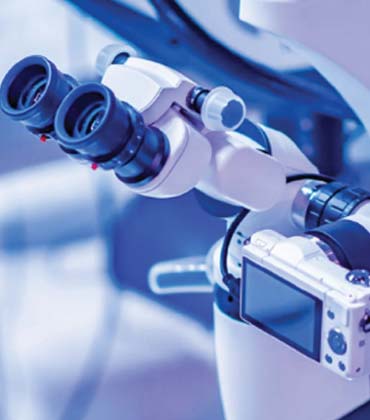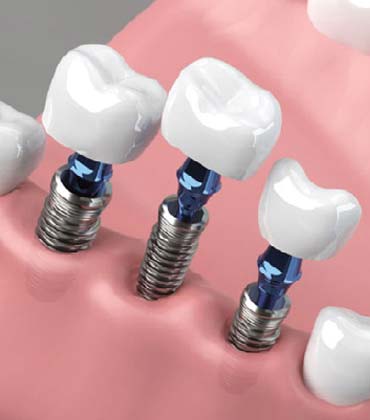Thank you for Subscribing to Healthcare Business Review Weekly Brief
Nuvia Dental Implant Center is redefining the patient experience with its revolutionary 24- hour smile restoration. Utilizing advanced 3D digital scanning and precision engineering, Nuvia is able to accomplish in just one day what the traditional process can take up to a year or more to achieve. “We have disrupted the status quo of the industry by introducing and perfecting a new clinical workflow for full-mouth dental implant surgery that allows us to deliver permanent prosthetic teeth within 24 hours,” says Dr. Preston Hansen , oral surgeon and chief clinical officer at Nuvia. This extraordinary breakthrough is backed by a rapid and definitive clinical workflow and a fully committed operational model that places patient satisfaction at its core. Each Nuvia center is staffed with a team of skilled experts, including an oral surgeon or surgical specialist, a prosthodontist or restorative specialist, and a certified registered nurse anesthetist (CRNA). Together, they ensure top-tier quality and safety in every procedure and create a seamless and reassuring patient experience. Nuvia’s model has garnered thousands of positive patient reviews across various platforms and enabled the center to thrive even in difficult environments. Despite opening locations during the COVID-19 pandemic in early 2020, Nuvia remained successful by focusing on delivering the best possible experience for its patients. This commitment to patient-centric innovation has positioned it as an emerging force in dental implantology, continuously pushing the boundaries to enhance patient care and satisfaction. Duncan, a patient who completed Nuvia’s 24-hour dental implant procedure, expressed profound satisfaction with the entire process. “The best decision I made in my entire life,” Duncan shared. He emphasized how Nuvia’s 24-hour process influenced his decision, saying, “The promise that in 24 hours I would have a new set of permanent teeth, nobody I read about or listened to offered even close to that."
Digital Dentistry
Computer-aided design (CAD) is gaining prominence in the modern dental industry for its ability to enhance the development, design, and fabrication of dental restoration components. However, once a practitioner identifies a CAD-powered digital dentistry solution, they have to streamline several disparate processes before integrating it into their workflow. Furthermore, as the status quo of the dental CAD/CAM industry is fragmented by different solutions for laboratory and clinical applications, many dentists struggle to deliver on their promise of a “Good Restoration” without having to collaborate with expensive laboratory-driven CAD/CAM providers and experiencing workflow disruptions.
CXO INSIGHTS
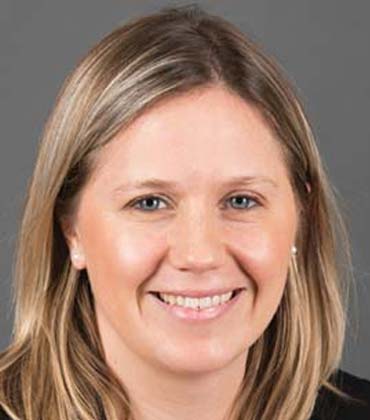
Prioritizing Access to Dental Care: Challenges and Solutions for the Future
Leslie Pomponi Locke, Operations Director, Department of Dentistry, Boston Children’s Hospital
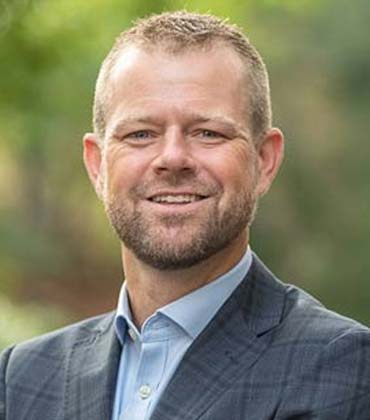
How can Medicare Advantage better serve seniors?
Dave Olson , Senior Vice President, Medicare Advantage & Network at DentaQuest

Emerging Trends in the Healthcare Industry
Katarina Zivojinovic, Marketing Director at Aqualab laboratorije

Enhancing Patient Care through Effective Medical Staff Training
Imana Mo Minard, Director of Nursing, Corewell Health

Navigating the Credentialing and Workforce Challenge
Dr. Tyree Davis, chief medical officer for Ancillary Services, Nevada Health Centers
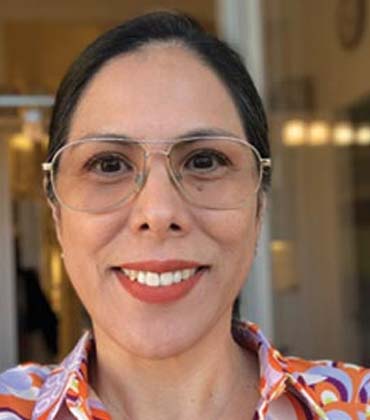
Leading the Way in Comprehensive Dental Care
Gisella Murguia Norlander, General Dentist, Folktandvården Stockholm AB
IN FOCUS
EDITORIAL
Digital Dentistry Revamps Personalized Dental Implants
Dental implants have evolved from a one-size-fits-all approach to highly personalized treatments, recognizing that each patient’s dental anatomy, oral health condition, and aesthetic preferences are unique. Advances in digital dentistry and materials science have paved the way for more precise and individualized solutions. Digital dentistry, including 3D imaging, computer-aided design (CAD), and computer-aided manufacturing (CAM), allows for creating implants that perfectly match the patient’s unique dental structure. This precision reduces the risk of complications and enhances the overall aesthetic result. Advanced materials, such as titanium and zirconia, have played a crucial role in personalizing dental implants. Customized implants are often produced using additive manufacturing techniques, such as 3D printing, which improve the fit and function of the implant while reducing the time required for fabrication and placement. This approach also benefits patients with unique dental challenges or specific aesthetic goals. The future of personalized dental implants is expected to gain momentum as technology advances, with innovations in artificial intelligence and machine learning likely to enhance the precision of digital scans and design processes. Ongoing research into new materials and manufacturing techniques will continue to expand the possibilities for personalized dental solutions. The ultimate goal is to provide every patient with a dental implant that restores function and enhances their overall quality of life. This edition on Dental Implants 2024 features Nuvia Dental Implant Center and delves into how the restoration companies are instrumental in advancing the field of dentistry, offering innovative solutions that restore smiles and improve quality of life. The magazine further presents insights from James Bryant, Vice President of Emergency Services, Centra Health and David Baker, Chief Information & Digital Officer, Pacific Dental Services. Companies are shaping the future of dental implantology through research, technological advancements, and patient-centric care, emphasizing personalization, sustainability, and global accessibility to ensure modern dental care remains a cornerstone. We hope these valuable insights from industry leaders featured in this edition will assist you in making informed decisions for your businesses. Let us know your thoughts.


